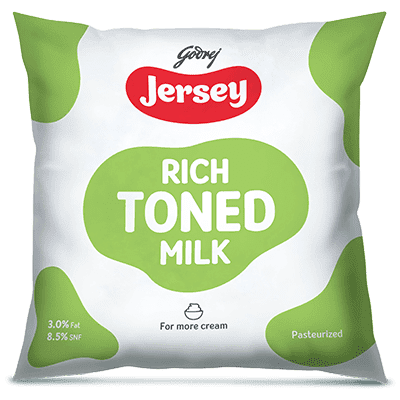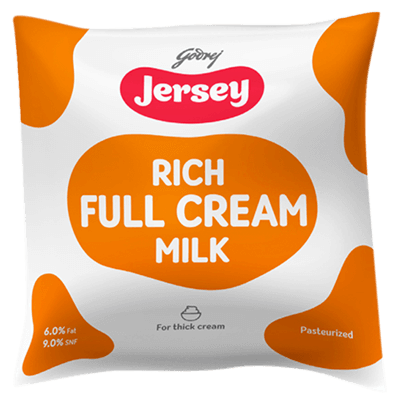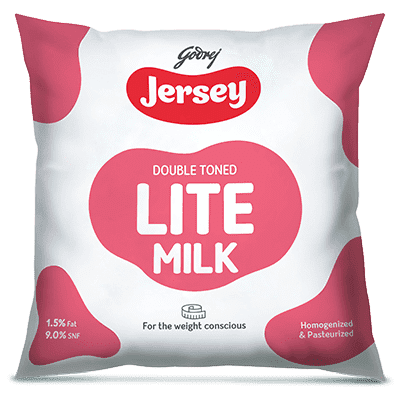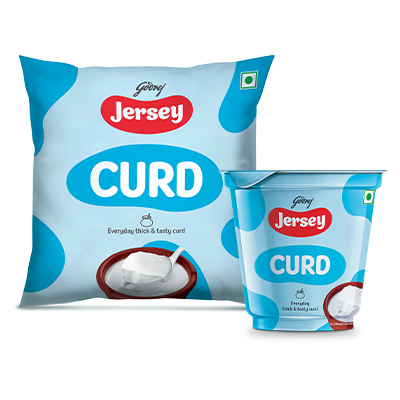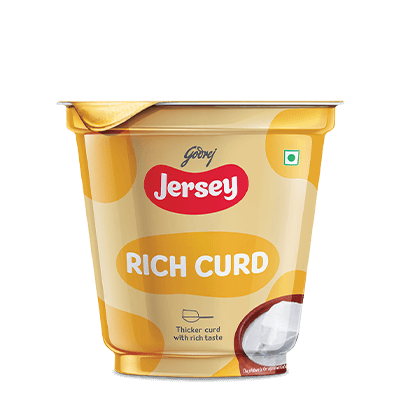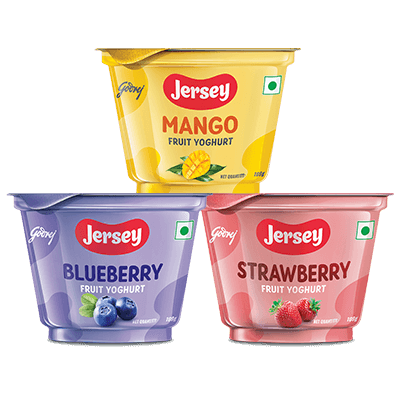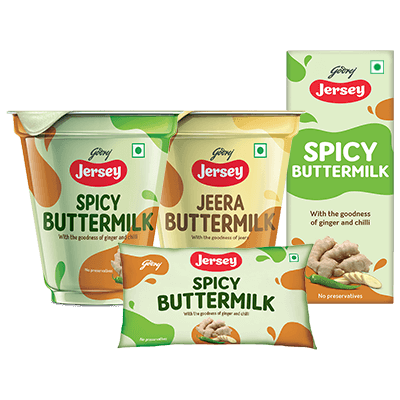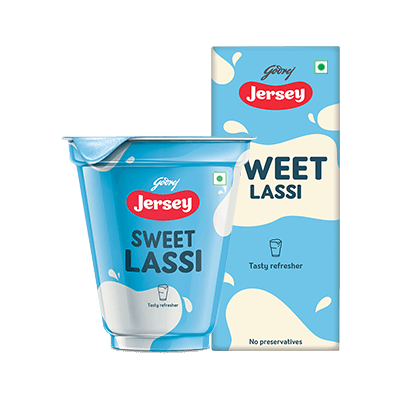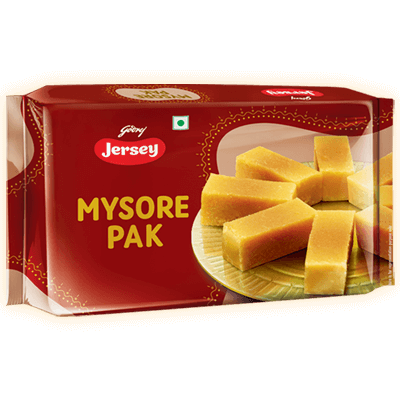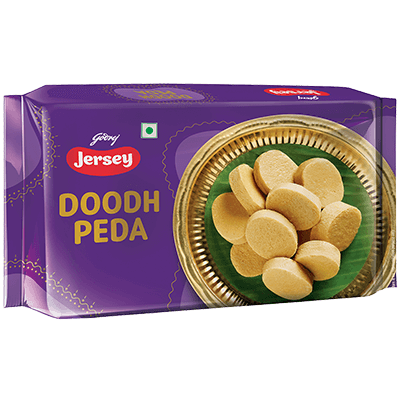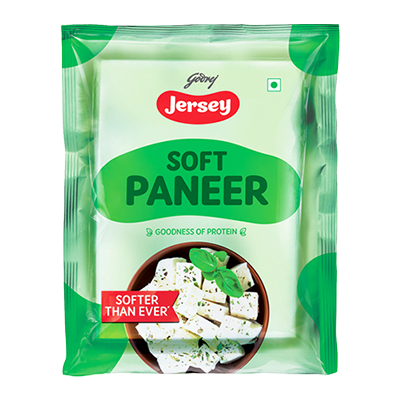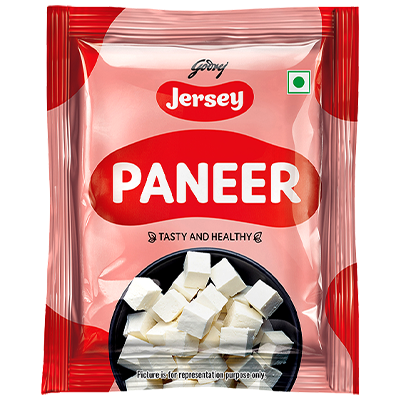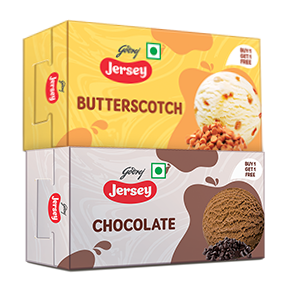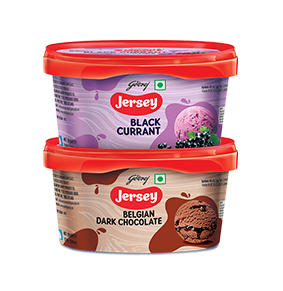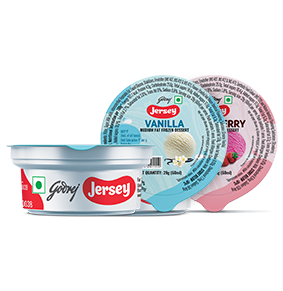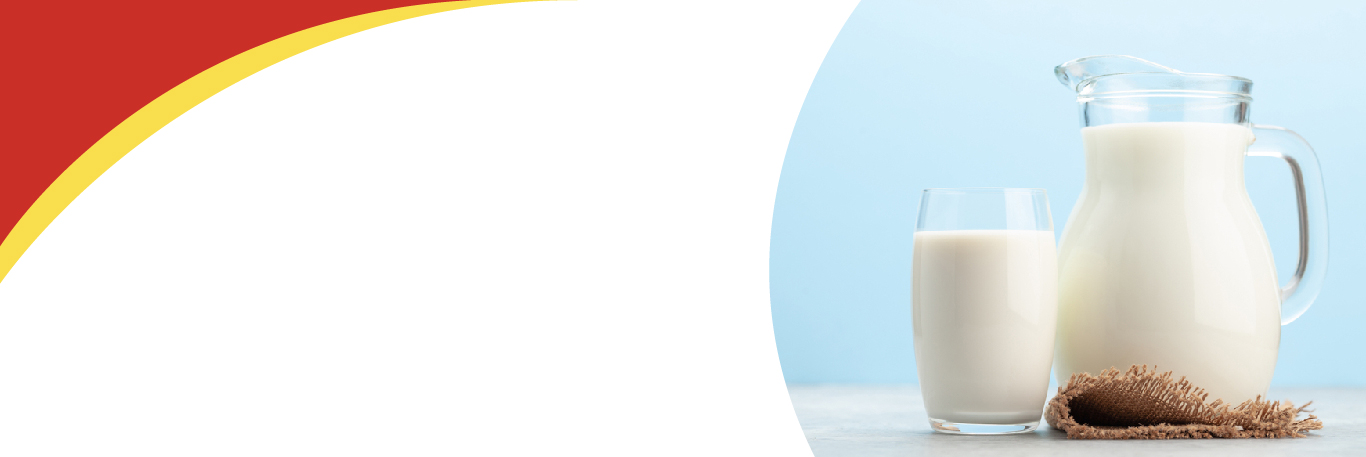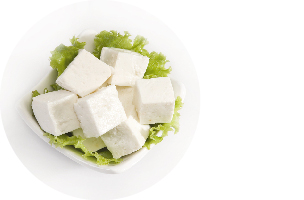Milk has been an essential part of many people’s lives since their birth. Its composition includes carbohydrates, fats, proteins, vitamin B, calcium, magnesium, and micronutrients. As a result, it is considered a ‘complete food’.
Although 80% of consumers surveyed were aware of the benefits of a protein-rich diet, the majority were unaware of the actual daily requirement, according to the 'South India Protein Gap 2019' study performed by Karvy Insights on behalf of Godrej Jersey. Furthermore, 48% of the customers polled feel that milk increases weight gain and so do not consider it a daily protein source.
Even though milk is considered to be highly healthy, many myths are spread in society regarding its consumption. The following are also some of the myths about milk that research findings have debunked:
1. Humans can’t consume cow milk:
Cow’s milk is, of course, made for calves. But that does not mean that humans cannot consume it. Milk is a very nutritious source of food and is perfectly safe to be consumed by humans. It is high in proteins, calcium, vitamins, and many other micronutrients which can be digested by humans.
2. Organic milk is superior to standard milk:
For many years, the myth has been spreading rapidly. Many believe that milk causes oil buildup and causes acne. However, no scientific support has been found backing this claim. Genetics and exposure to pollution are more likely to result in acne than dairy.
3. Milk makes you gain weight:
Adults are hesitant to drink milk because they fear it contains too much fat, which leads to weight gain. However, this must be viewed in the proper context. Raw milk contains about 3-4% fat, whereas skimmed milk has much less fat. Toned milk, milk-based beverages, and dairy products like curd and paneer can assist in meeting protein requirements in the proper amounts. The advantages of consuming protein through milk outweigh the negatives of its fat content.
4. Packaged milk contains preservatives:
Packaged milk packets do not have any added preservatives. Sterilization of packaged milk is accomplished using a process known as the Ultra Heat Treatment (UHT). This guarantees that no microbes remain in the milk. As a result, it won't spoil even after 6 months at room temperature because it has no microbes. Milk doesn't require preservatives to increase its shelf life.
5. Milk should be consumed first thing in the morning:
Milk is a great addition to breakfast because it provides all the essential nutrients first thing in the morning. However, drinking it on an empty stomach is not very wise. Doing so can cause gastric issues and result in poor digestion. The best thing to do is to have something light and easily digestible after waking up. Then, you can consume milk along with your breakfast.
6. We need two glasses of milk every day:
Dairy plays a crucial role in a balanced diet. However, milk is not the only dairy product that can fulfill your daily nutritional needs. Other dairy products, like curd and cheese, can also be consumed in place of milk. So even if milk is the easiest form of dairy product to consume, you do not need to drink just milk to meet your daily nutritional requirements.
Bottom Line:
Milk consumption is a personal choice. However, if you do not consume milk because you believe in the myths spreading about it, then you may miss out on its health benefits. From a nutritional point of view, dairy products are an excellent source of nutrients. If you take care of your body and make decisions in its best interest, you should feel better about your choices.



